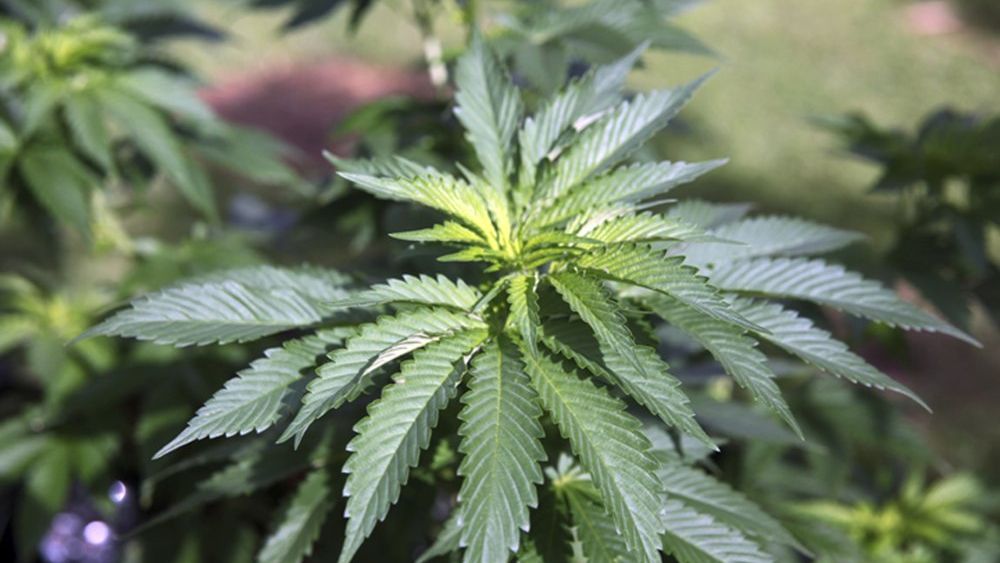The U.S. Senate passed a bipartisan bill Wednesday that, if approved, will make it easier for registered entities to manufacture, distribute, dispense or possess marijuana for medical research.
The measure passed on unanimous consent and now heads to President Joe Biden for final approval. It is the first standalone marijuana-related bill to be referred to the president by Congress.
The so-called Medical Marijuana and Cannabidiol Research Expansion Act is the House version of a bill initially introduced in the Senate by Sens. Brian Schatz, D-Hawaii; Dianne Feinstein, D-Calif.; and Chuck Grassley, R-Iowa. The House bill was sponsored by Reps. Earl Blumenauer, D-Ore., and Andy Harris, R-Md.
“For too long, federal laws have stopped us from finding answers on marijuana’s potential health benefits,” Schatz said. “Our legislation will remove these barriers, letting researchers study marijuana’s effectiveness and safety — and hopefully giving patients more treatment options.”
Under provisions of the bill, the Drug Enforcement Administration would be directed to follow specified procedures to register practitioners engaged in marijuana research and manufacturers that supply marijuana for medical research. The DEA would also be charged with registering those who manufacture or distribute CBD or marijuana for the commercial production of an approved drug that contains marijuana or its derivatives.
In addition, the bill requires the DEA to assess whether there is an adequate and uninterrupted supply of marijuana for research purposes; prohibits the federal Department of Health and Human Services from reinstating the interdisciplinary review process for marijuana research; allow physicians to discuss the potential benefits and harms of marijuana and its derivatives; and requires HHS, in coordination with the National Institutes of Health and other federal agencies, to report on the therapeutic potential of marijuana for conditions like epilepsy, as well as its impact on adolescent brains and on the ability to operate a vehicle.
The passage of the bill and its expected approval by the president is the latest in a string of marijuana-related actions in Washington. Last month, Biden issued a “full, complete and unconditional” pardon to Americans convicted on simple possession of marijuana under the Controlled Substances Act.
Also last month, Biden said he would ask the secretary of health and human services to review how marijuana is scheduled under federal statutes, a preliminary step in potentially reclassifying marijuana from a Schedule I drug — a designation reserved for potentially harmful drugs, like heroin or ecstasy, that do not have a medical application — to a Schedule II drug (like cocaine, oxycodone or Ritalin), which are less regulated.
Michael Tsai covers local and state politics for Spectrum News Hawaii.



